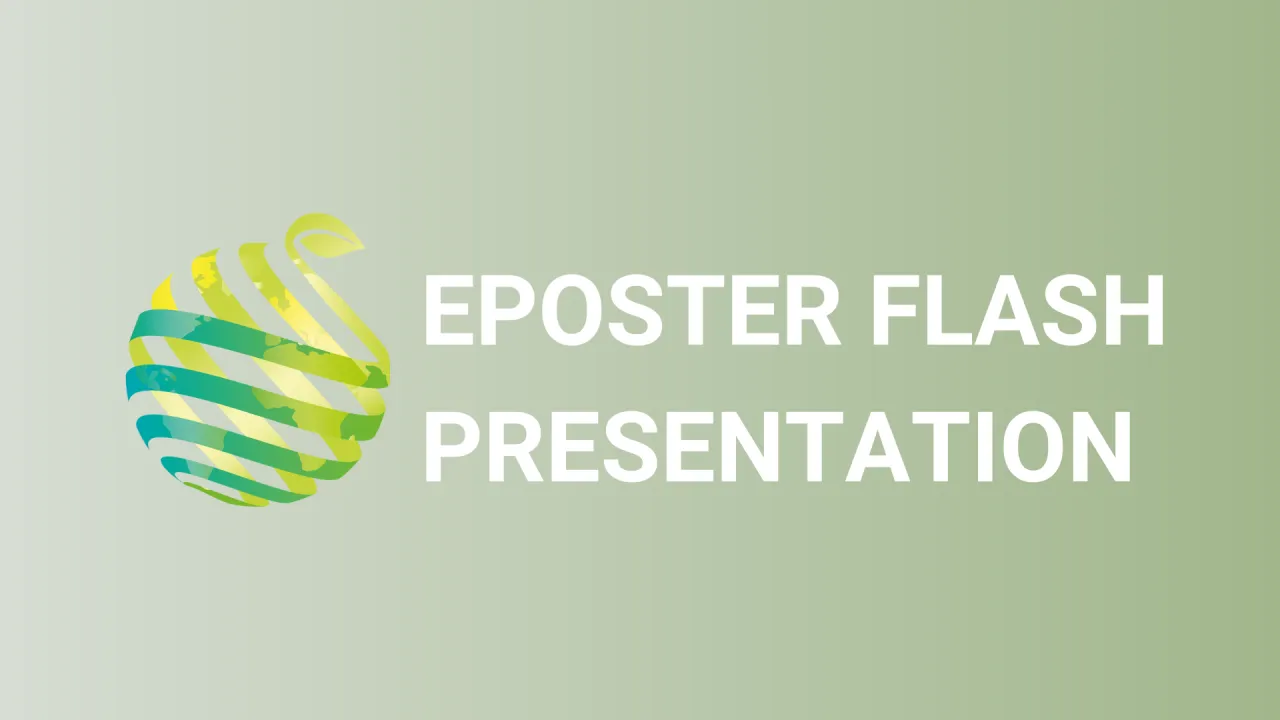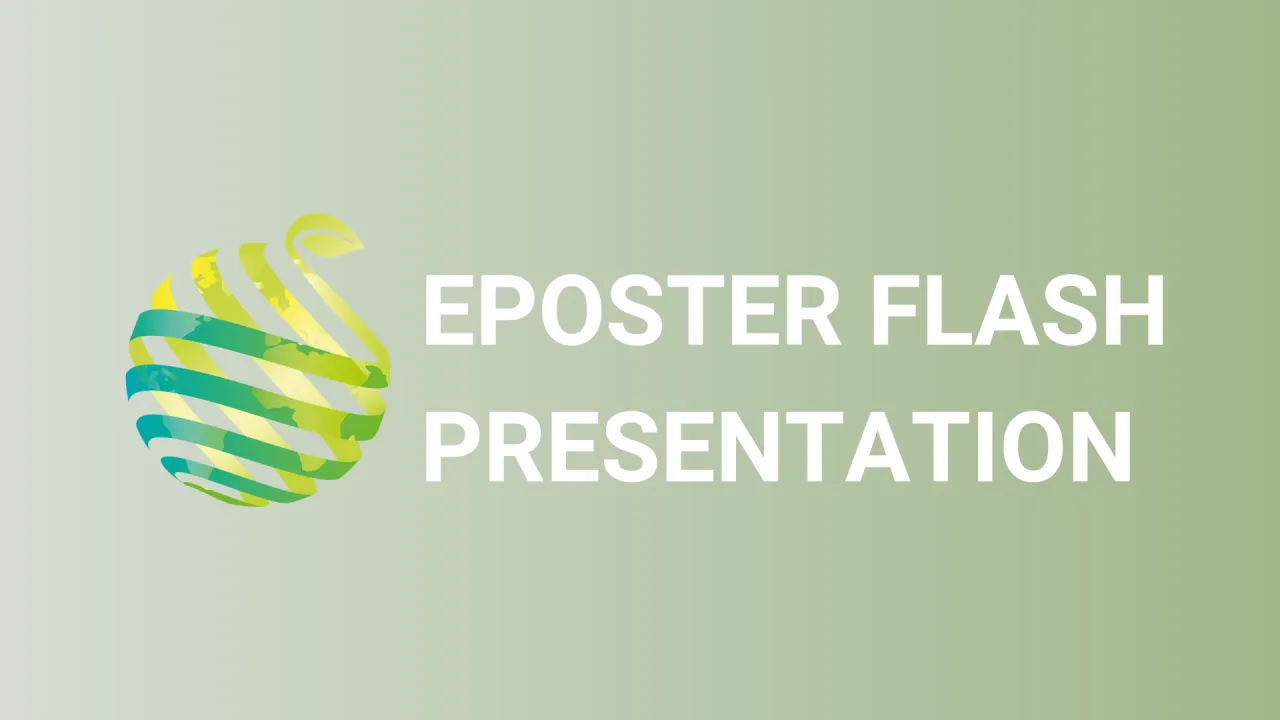

S06 - Session P14 - Effect of sediment-based growing media on cut flower production of calla lily
Information
Authors: Maria Castellani, Domenico Prisa, Maurizio Antonetti, Francesca Tozzi, Daniele Bonetti, Gianluca Burchi *, Cristina Macci, Stefania Nin
Recently published research findings from EU projects have provided scientific evidence of the potential reuse of remediated dredged sediments in agriculture. Given that bottom sediments might be polluted by organic and inorganic contaminants, remediated sediments could better be recycled as an ingredient of soilless growing media for no-food crops, such as flowers and ornamental plants. Hence, the use of primary raw materials such as peat and coir, both having high environmental impact, could be reduced. In the present study, phytoremediated and landfarmed sediment was reused as plant substrate for the cultivation of calla lily for cut flower production. Three different substrate mixtures, combining different proportions of the remediated sediment (0, 25 and 50%) with a standard peat-based substrate, were tested. Calla rhizomes were planted in 30-litres pots containing the chosen mixtures. Experiment set up was performed under greenhouse condition and three different water regimes were applied. Before and at the end of plant cycle, the substrates were characterized by a number of physical, chemical and biochemical parameters. Calla vegetative growth and productivity in terms of number of leaves, length of leaf stem, leaf blade length and width, number of flowers, flower length, colour of flower spatula and flower senescence, were monitored during plant life cycle. Physiological parameters such as fluorescence of chlorophyll and malondialdehyde as a lipid peroxidation, nutrients and heavy metal concentrations were analyzed as well. Significant differences among the tested growing media and water regimes were observed for all considered parameters. Plants grown on mixture containing 50% remediated sediment under high water supply exhibited greater plant development as well as higher cut flower production and vase life quality. These results demonstrated that the remediated sediment might be used as partial substituted of peat for the production of calla lily cut flowers.